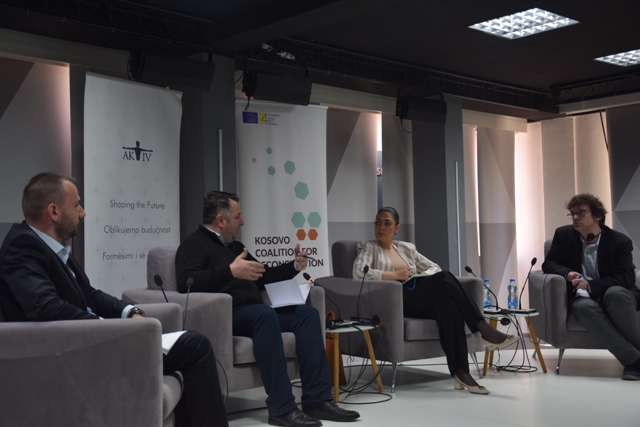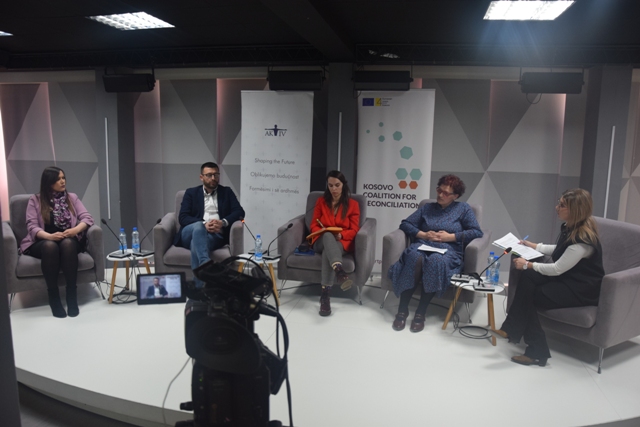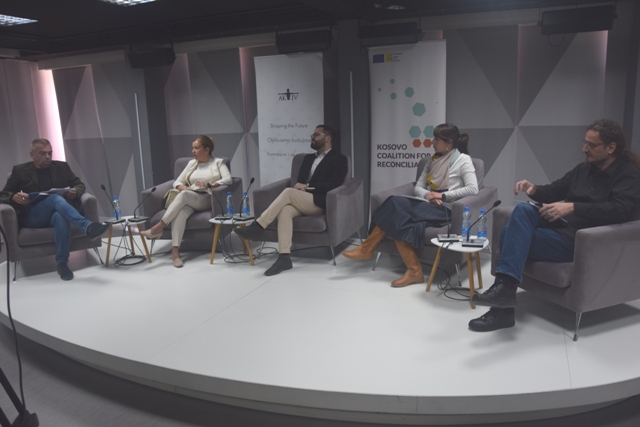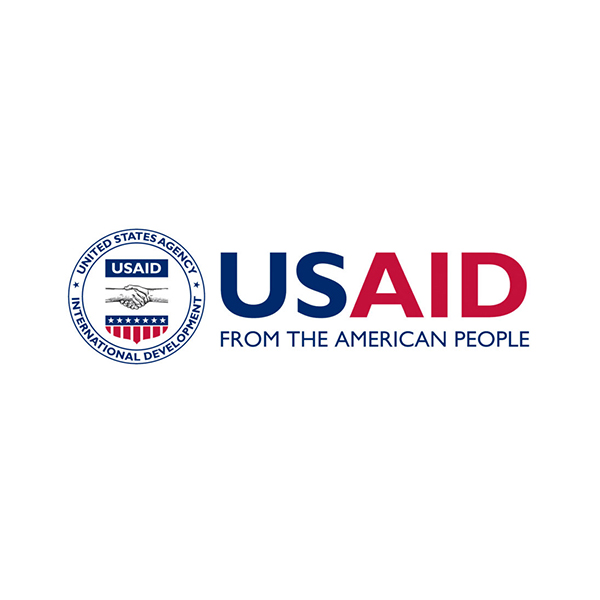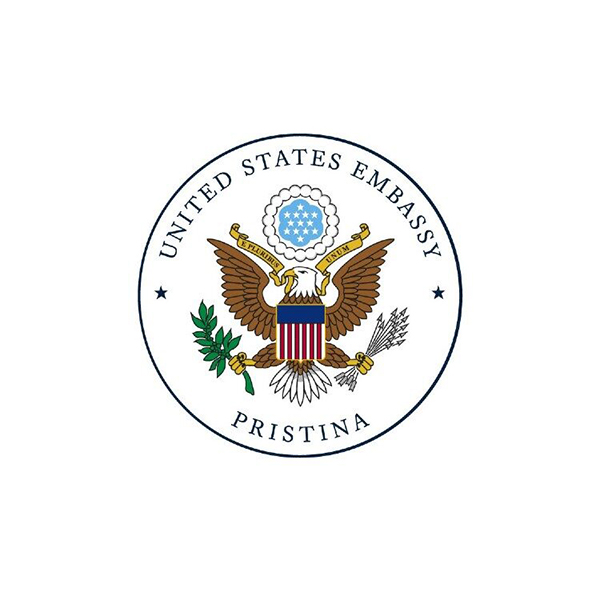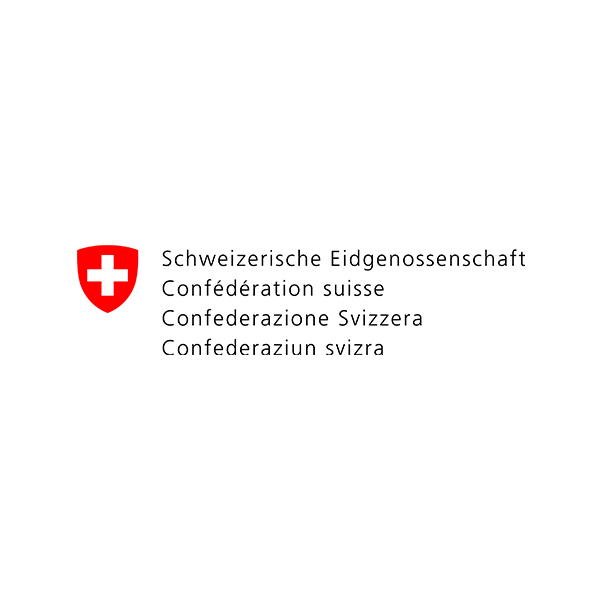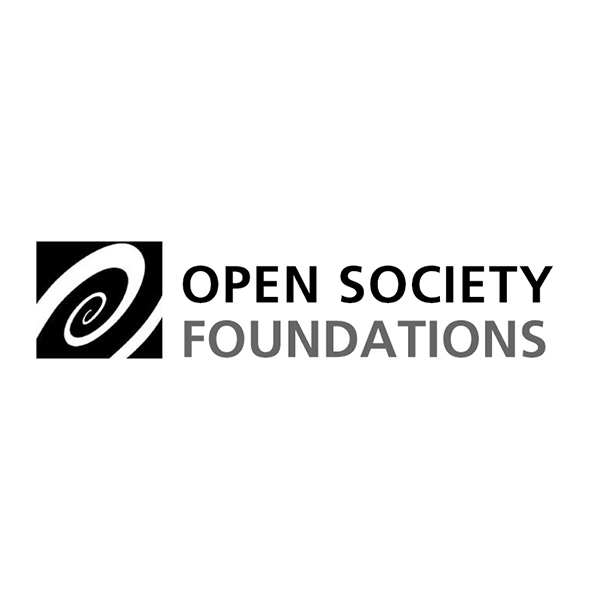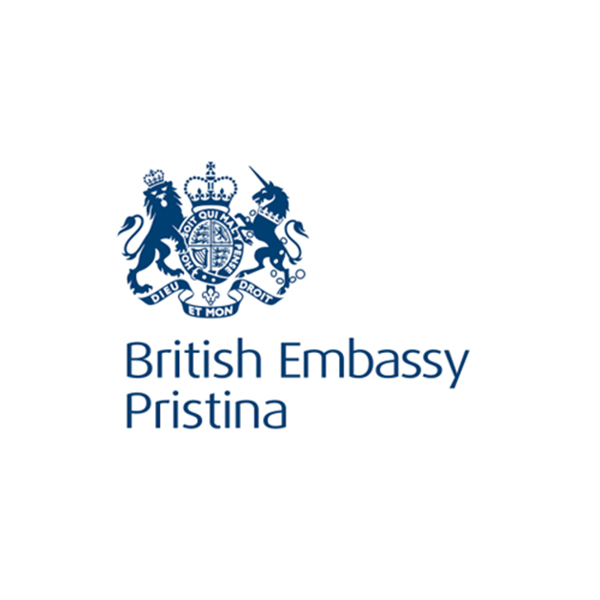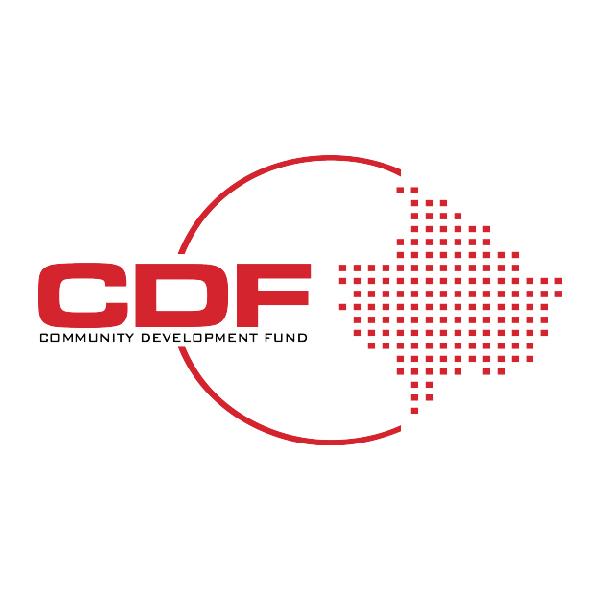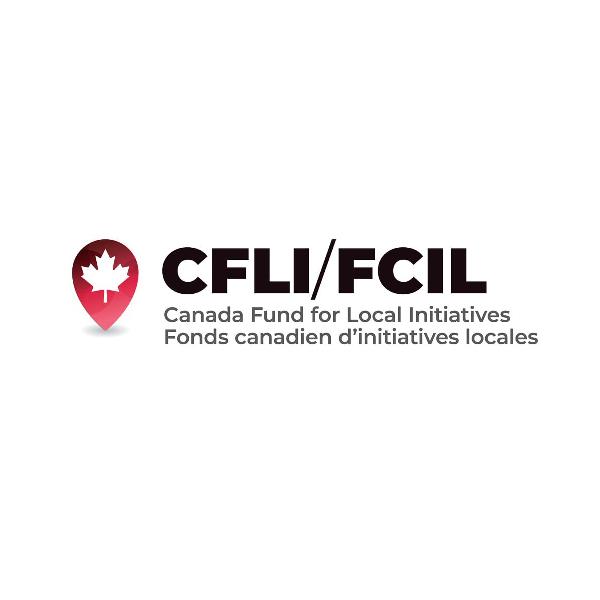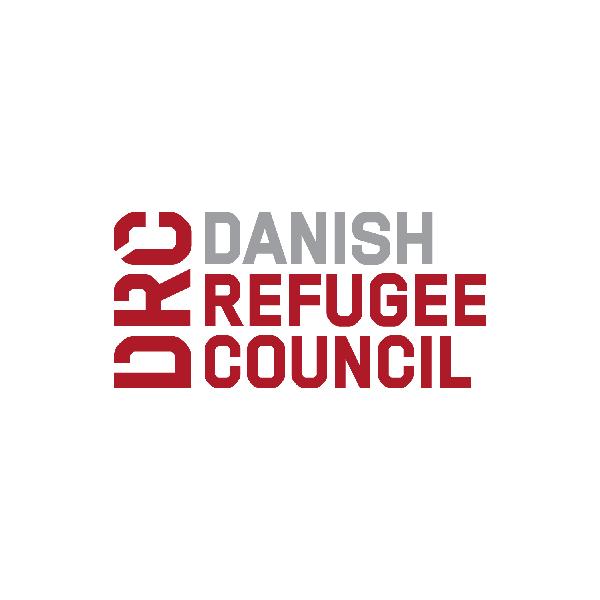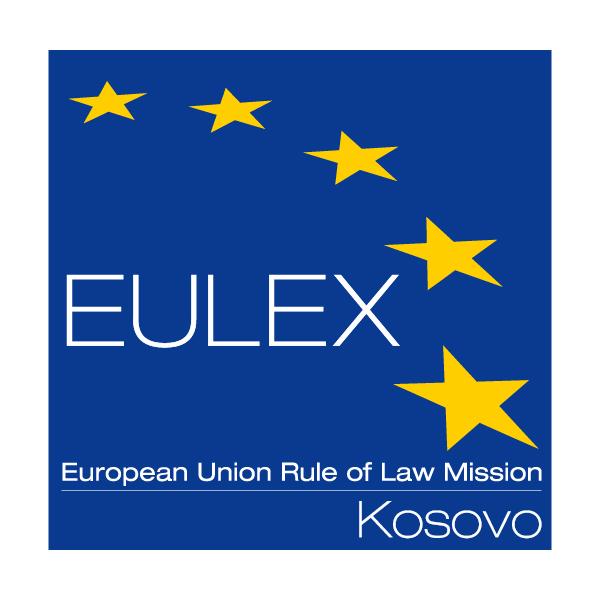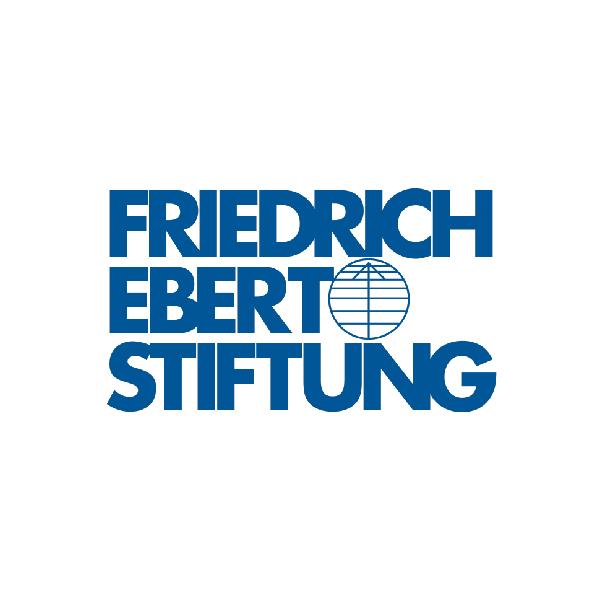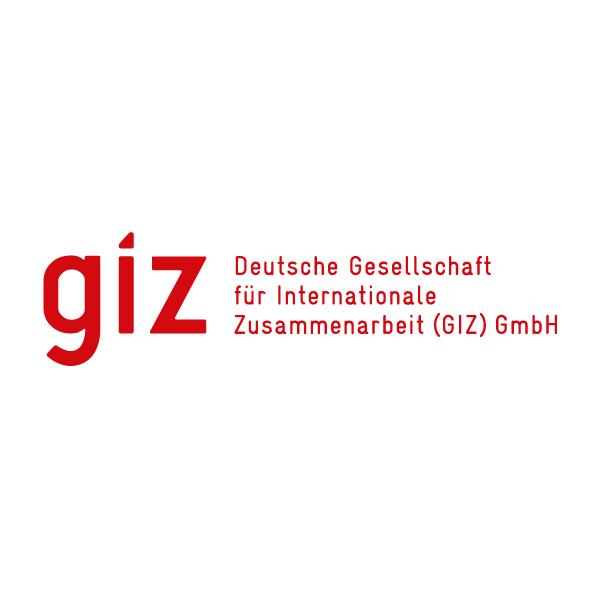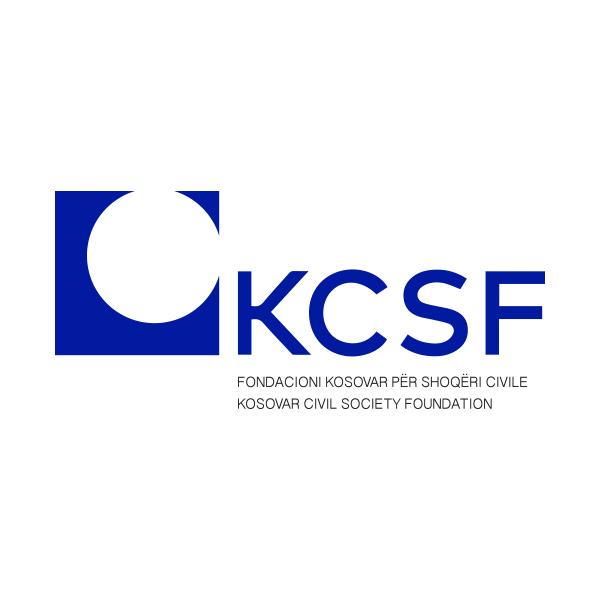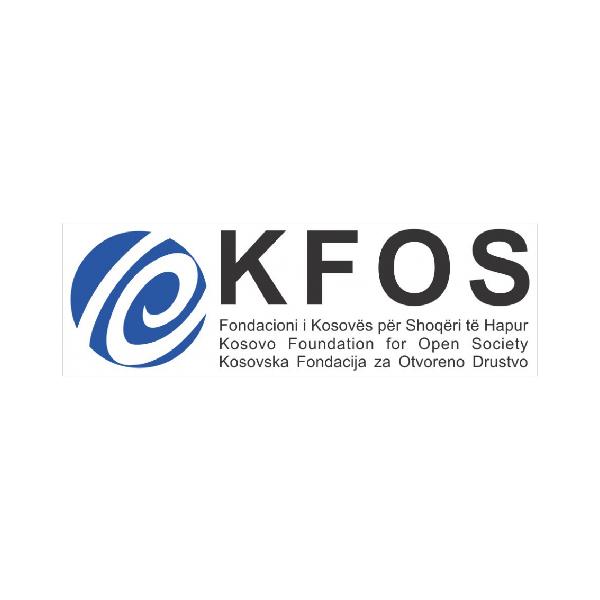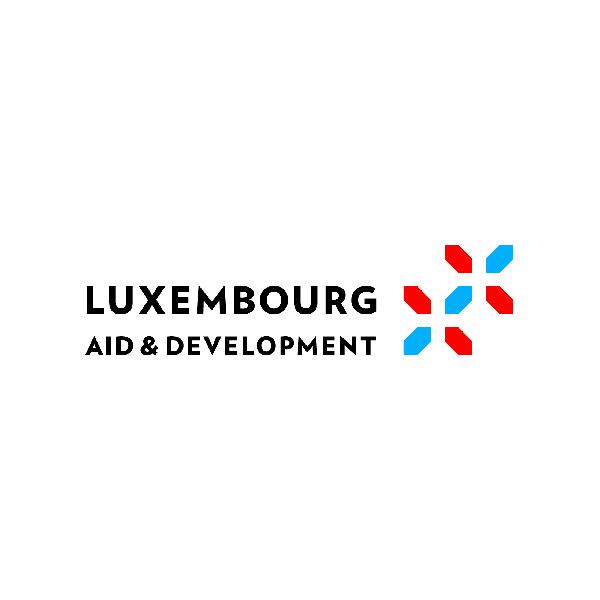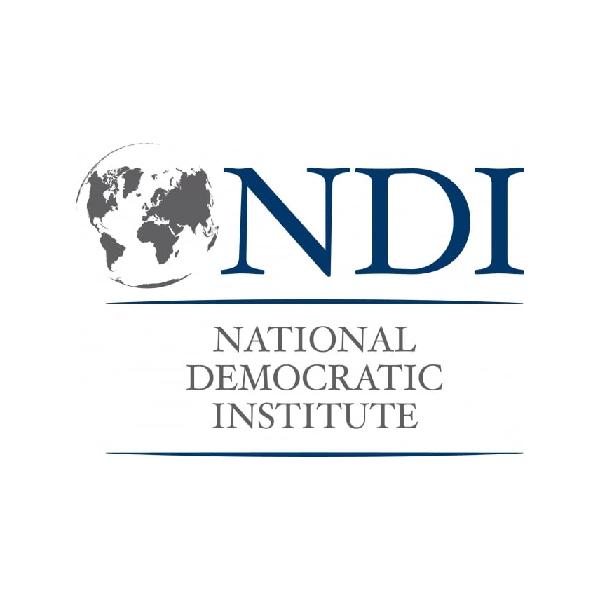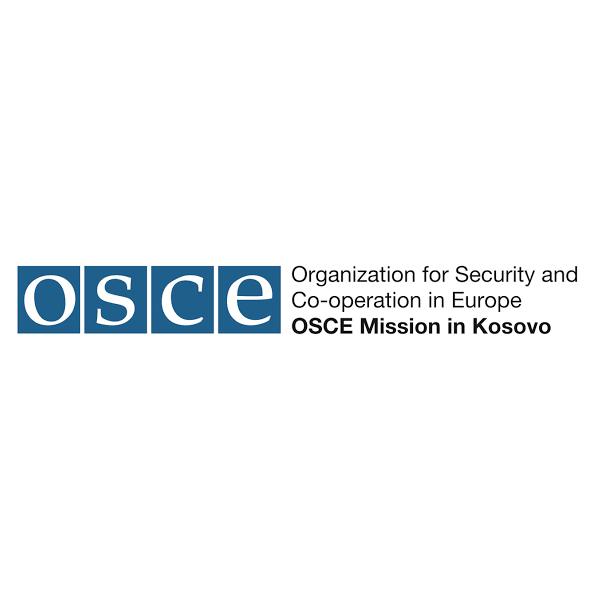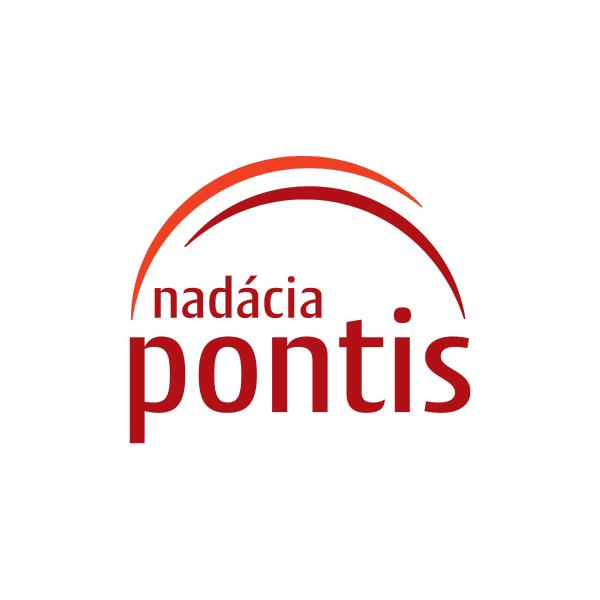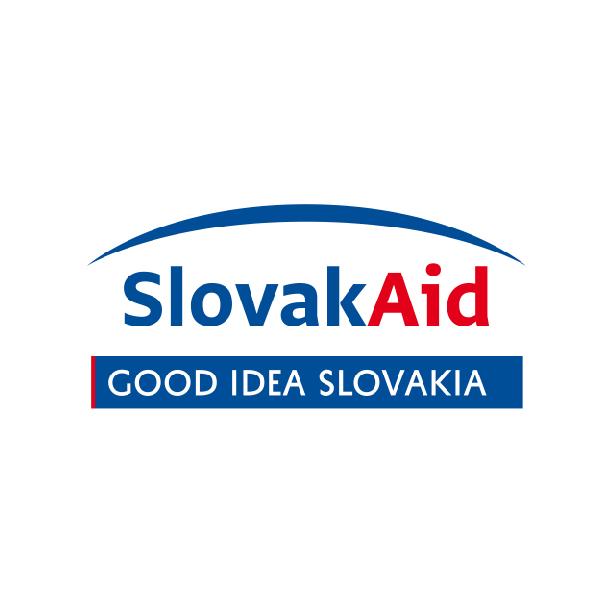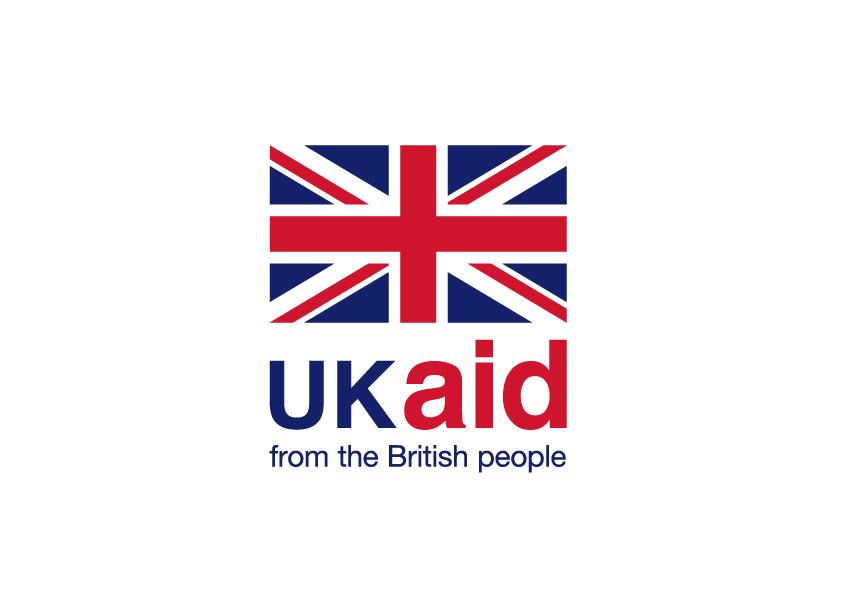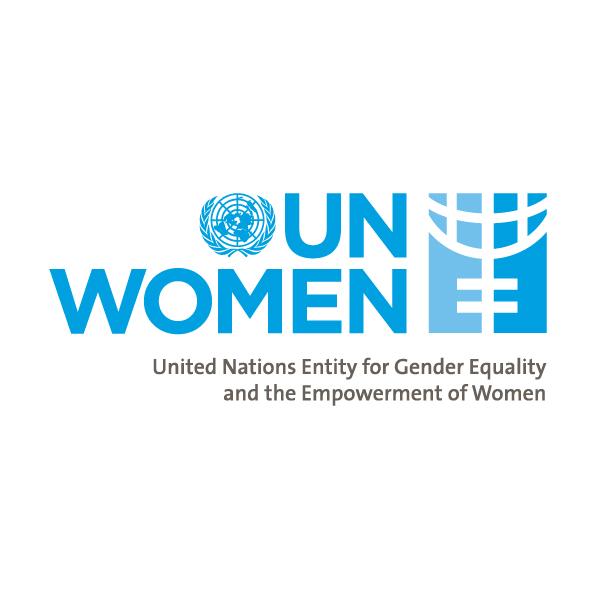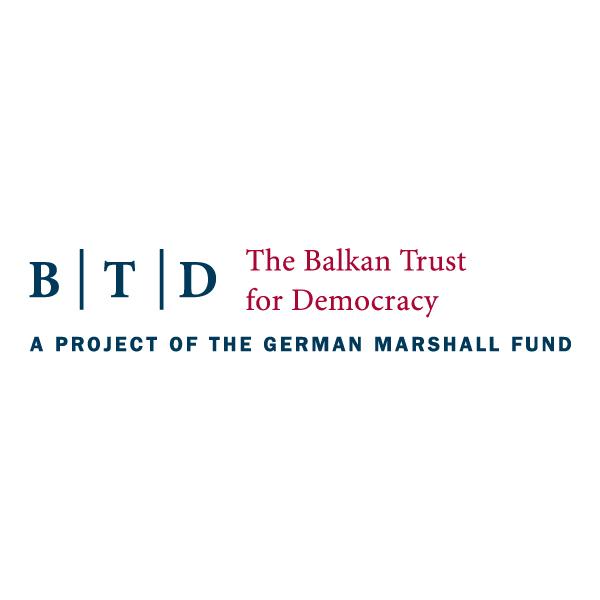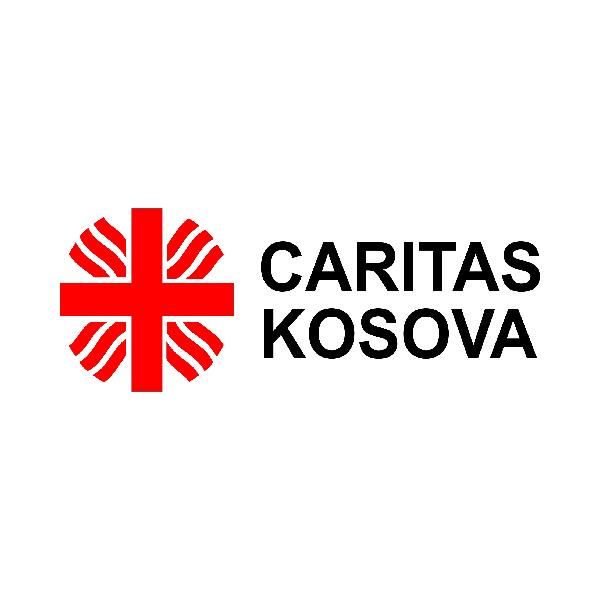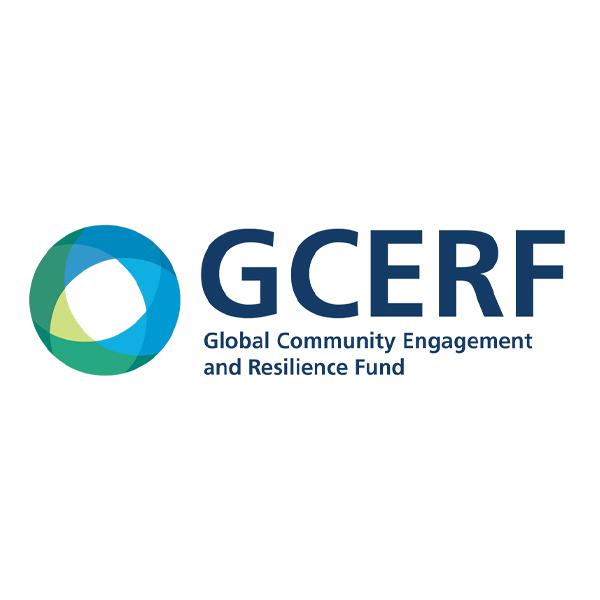NGO AKTIV, in cooperation with members of the Kosovo Coalition for Reconciliation, organized a conference Past, Present, FORUM OF THE FUTURE – State of Reconciliation in Kosovo, held on the 12th and the 13th of April 2022, at the Civic Energy Center in North Mitrovica.
During four (4) panels, fifteen (15) experts from various fields discussed the topic of reconciliation from the perspective of media, civil society, security and the position of Kosovo’s smaller non-majority communities. The conference was attended by representatives of the diplomatic community, media, civil society and youth from different ethnic communities. Panelists from various walks of life stated that it was necessary to build reconciliation through direct dialogue within all communities, with the active participation of institutions.
The conference was opened by the Executive Director of the NGO Aktiv, Miodrag Milicevic, who initially asked whether the entire society had done enough in the process of reconciliation between Serbs and Albanians, as well as between other communities in Kosovo.
“The expectation of many of us today is that as a society we are sufficiently able to face all the problems that burden our communities, and that we have enough strength and a high degree of commitment to overcome many challenges we face as a society for more than two decades”, said Milicevic.
Mr. Milicevic posted that full normalization of relations cannot be achieved without the support of political and public representatives, the international community, civil society and the media.
Goran Avramović, a journalist from Radio KiM, Xhemail Rexha, president of the Association of Journalists of Kosovo, Tatjana Lazarević, editor-in-chief of the KoSSev portal and Besa Luci, editor-in-chief of the Kosovo 2.0 portal, spoke at the first panel.
The journalists assessed that the media are not a serious obstacle to reconciliation, but also that they do not make a great contribution to that process. They pointed out that problems are often reported from an ethnic perspective, while stories about citizens and their everyday problems are less present.
At one point, it was stated that: “The role of the media is not to work on reconciliation, but, at the same time, they should not work on deepening differences.”
During the second panel, Nora Ahmetaj, founder and director of the Center for Research, Documentation and Publications, Marigona Sabiu, director of the Youth Initiative for Human Rights, Darko Dimitrijevic, journalist and executive director of the Center for Minority Rights, and Milica Jakovljevic, a project manager of Community Building Mitrovica, spoke about the role of civil society in the reconciliation process.
The panelists constituted that the progress in reconciliation most noticeable on an individual level as people communicate in different ways, as well as among certain groups, such as the business community that has been cooperating for a long time, and the non-governmental sector. It was concluded that most problems can be seen at a political level:
“It is a level that makes decisions and opens the way to general reconciliation, but there is no progress for now,” the participants said, adding that “however, there is a little progress with the fact that two sides have started to discuss the problems”.
The panelists pointed out that the reconciliation process had begun, but that it does not involve the whole of society. They pointed out that NGOs contributed the most to reconciliation, but that it did not go far.
The issue of the connection between the security situation and the reconciliation process was analyzed by the participants of the third panel, with Dušan Radaković, Executive Director of the Advocacy Center for Democratic Culture, Bekim Blakaj, Executive Director of the Humanitarian Law Center of Kosovo, Aferdita Sulaj Shehu, Executive Director of Community Building Mitrovica and Igor Marković, Senior Researcher and Project Manager NGO AKTIV.
The panelists assessed that security incidents and the political situation make life and reconciliation between communities, primarily between Serbs and Albanians, difficult, while political elites contribute to tensions with their narratives.
“We need to invest in peacebuilding, especially today when we are witnessing great instability on the continent of Europe,” the panelists said.
The participants in the fourth panel were civil society representatives of the Turkish, Roma, Ashkali, Egyptian and Gorani community. Fatir Berzati, activist and editor-in-chief of Kosovo Info for South Slavic Languages, Gorani Community in Kosovo, Sejfi Kodra, translator, political expert and activist from the Turkish community in Kosovo, and Mimoza Gavrani, a policy expert and consultant, of the Roma, Ashkali and Egyptian community, spoke about the position of these communities.
The panelists assessed that more needs to be done for smaller communities to feel free. It was pointed out that these communities are especially vulnerable because they encounter various stereotypes, although there are good legal remedies that guarantee them all their rights, at least on paper.
“It is very important to involve smaller communities in the process of reconciliation and building the future. We need to restore trust in institutions. Smaller communities want to be part of initiatives related to reconciliation, peace and stability,” the CSO representatives stated.
The event was supported by the EU in Kosovo and the National Endowment for Democracy (NED).

